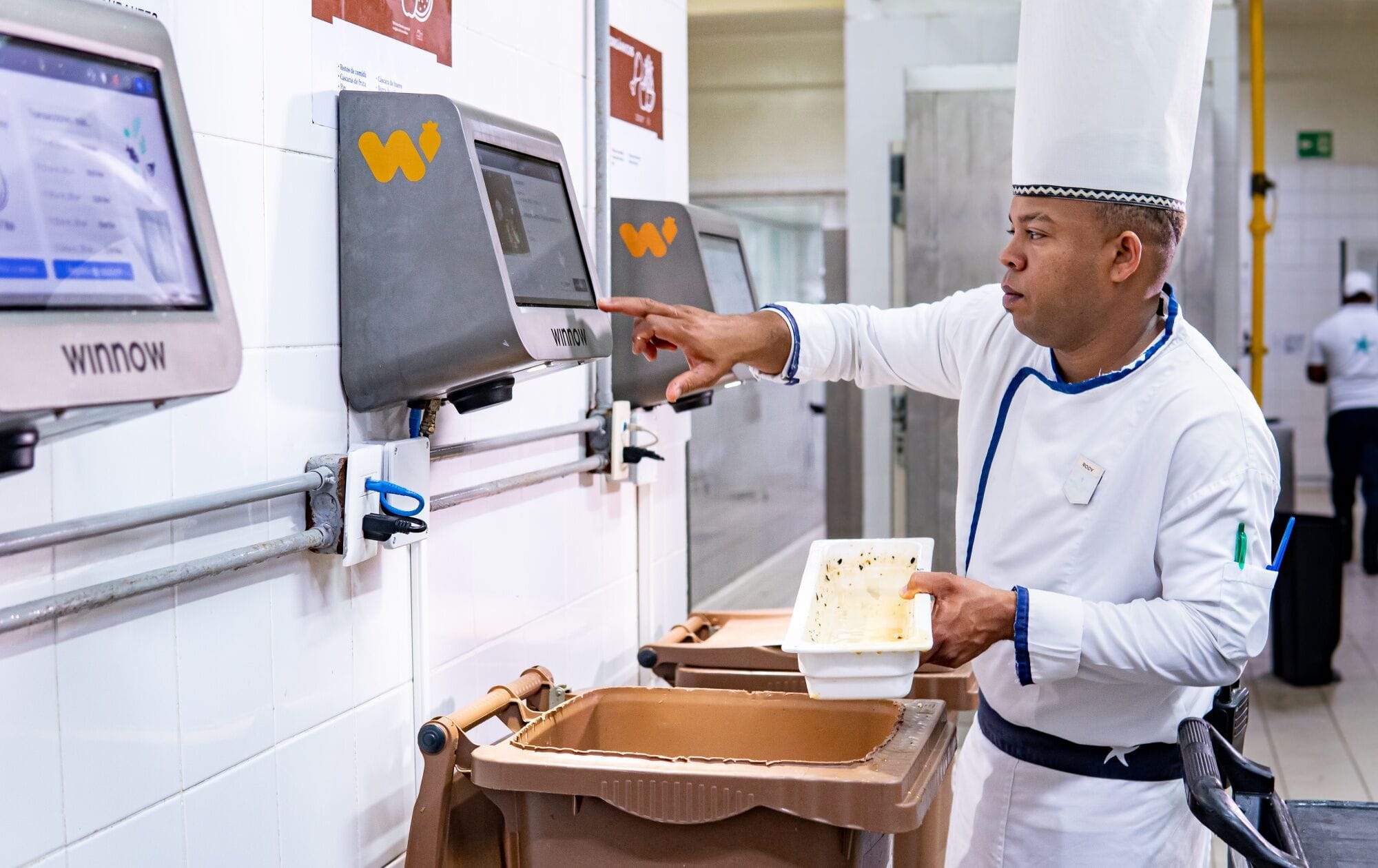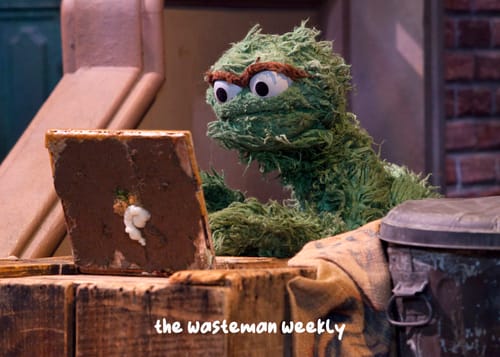When you go to a restaurant, you generally don't see much of what goes on behind the scenes—where chefs and kitchen staff are working tirelessly to create those beautifully presented dishes that appear like magic at your table. But the Back of House has been getting more attention in the last decade as chefs like Anthony Bourdain or shows like The Bear have documented the grit, grind, and hustle of what's really back there. However, what we don't hear about as much is the mountains of food waste that goes into each finely crafted dish…
It's no secret that food waste is a colossal problem. According to the UN Environment Programme, the world wasted a staggering 1.05 billion tons of food in 2022, producing almost five times the emissions of the aviation sector. A significant chunk of this waste—290 million tons—came from the food service industry alone. But where there's a huge problem, comes a huge opportunity, and companies like Leanpath Inc., Winnow Solutions Ltd., and Orbisk B.V. are stepping up to the plate with AI-enhanced garbage bins designed to tackle this issue head-on.

Smart Bins
These aren't your ordinary trash cans. Equipped with smart cameras, scales, and touchscreens, these high-tech bins collect detailed data on discarded items, from the type of food to its preparation state. And this granular data is a goldmine for kitchens looking to cut waste and reduce costs, while enabling data tracking for waste—arguably the hardest sector to track. From Google offices to Marriott hotels, these systems help chefs record what gets thrown away, why, and when. Last year alone, Leanpath estimates it saved 15 million meals from the trash and prevented 55,000 metric tons of greenhouse gas emissions as a result.
The Challenges
Ok, the benefits are obvious, but let's talk about what's on all our minds—cost and complexity. The technology can get expensive, with costs ranging from $2,000 to $8,000 annually for Orbisk's systems, and requiring an additional step in an already busy kitchen environment. Smaller establishments in particular might find these costs prohibitive, and it'll definitely take some adjustments to current kitchen flow, but there's a huge path to scaling—after all, there are nearly a million different restaurants in the US alone, and that's post-Covid.
To All You Restauranteurs
The drive to reduce waste often starts in the kitchen. AI-powered waste bins represent a significant step forward in the fight against food waste. While there are hurdles to overcome, the potential for these systems to revolutionize the food service industry is incredible. If you are or know someone in the hospitality sector—consider weighing the benefits of improved back-of-house analytics and sustainable operations in your kitchens. I think that would be worthy of a Chef's Kiss.








